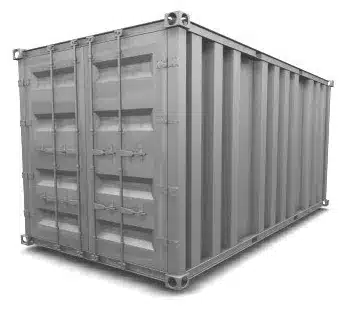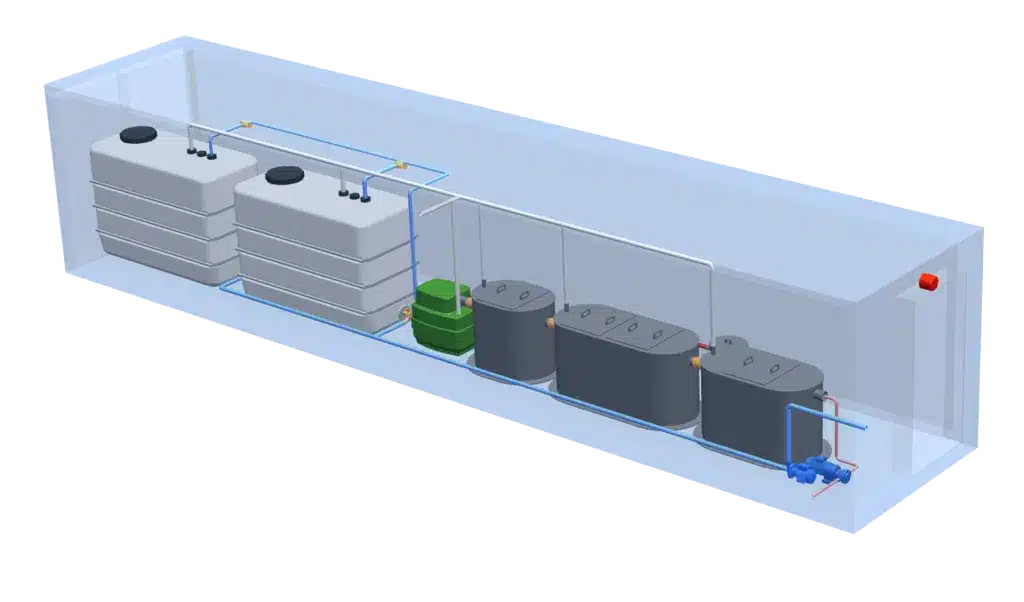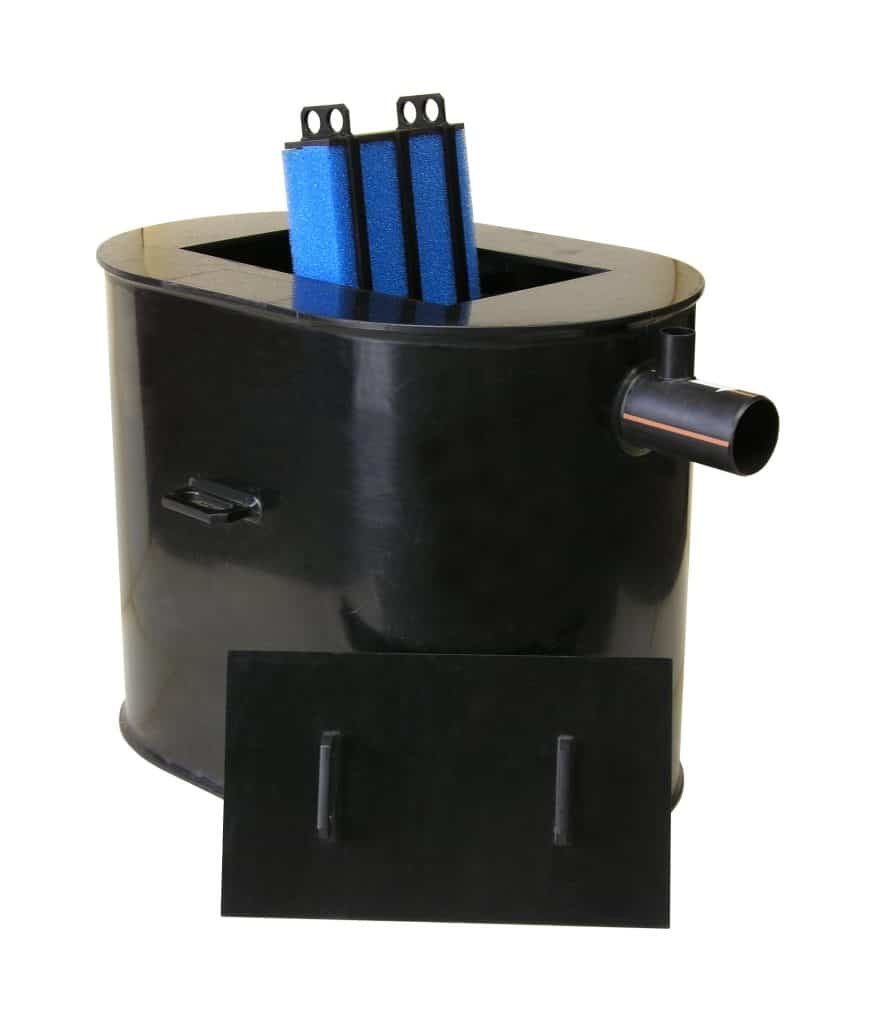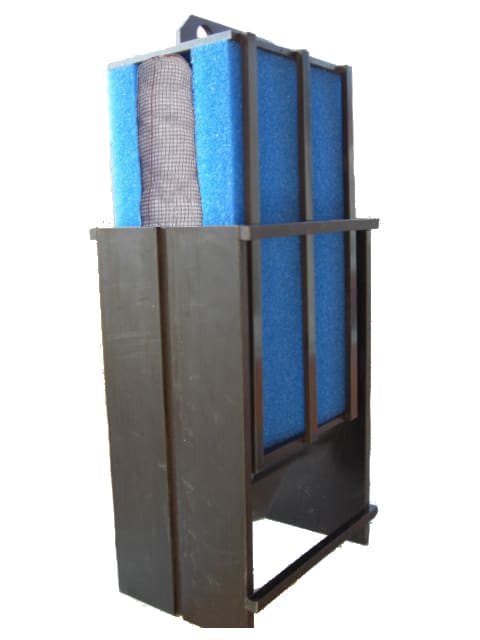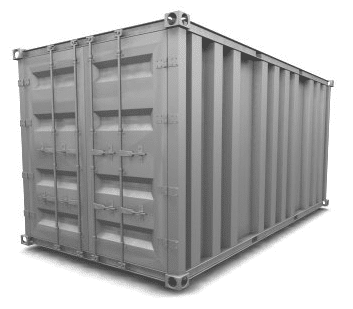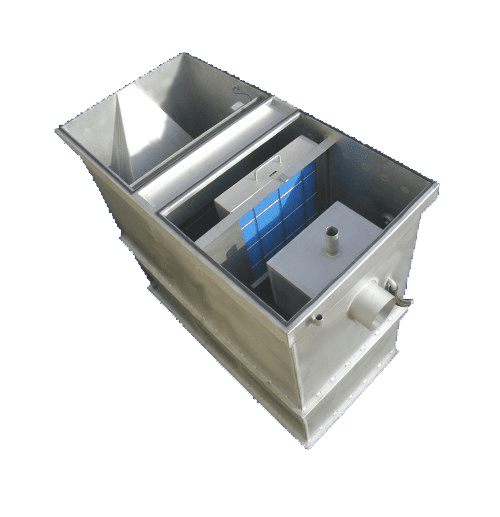Vermont’s clean waters are under threat from industrial runoff. Businesses need to know how to avoid pollution and follow state laws. Vermont Above Ground OWS offer a simple yet effective way to do this. These systems are key to keeping the environment safe across the state.
Above ground OWS in Vermont make it easy to keep oil and water apart. They’re used in many places, from car repair shops to factories. This design makes them easy to set up and keep running, perfect for businesses aiming for high environmental standards.
Key Takeaways
- Vermont Above Ground OWS are essential for environmental compliance
- These systems effectively separate oil from water in various industries
- Above-ground design allows for easier installation and maintenance
- OWS help protect Vermont’s water resources from contamination
- Businesses can meet state environmental regulations with these systems
Introduction to Vermont Above Ground OWS
Vermont is dedicated to protecting the environment. It uses oil water separators widely. These systems are key to keeping water clean across the state.
Definition and Purpose
Oil water separators remove oil and grease from wastewater. They let oil float to the top while water goes down. This keeps Vermont’s waters safe from pollutants.
Vermont Environmental Regulations
In Vermont, many industries must use oil water separators. These rules protect the state’s natural resources. Companies must follow strict standards for wastewater treatment before releasing it.
Benefits of Above Ground Systems
Above ground oil water separators have many benefits in Vermont. They’re simpler to check and maintain than underground ones. They’re also cheaper to install and can be moved if needed. These points make them a top choice for Vermont businesses.
Using oil water separators helps Vermont keep its environment clean. They treat wastewater well, protecting both surface and groundwater. As environmental issues grow, the need for effective oil water separation tech grows too in Vermont.
These separators are crucial in storm water systems. They process runoff to meet the US EPA’s Clean Water Act standards. With effective oily water treatment, facilities protect the environment and dodge big fines.
Freytech Inc.’s Advanced OWS Technology
Freytech Inc. is at the forefront with top-notch Above Ground Oil Water Separators. Their systems are leaders in industrial wastewater treatment, setting high standards for commercial systems.
Enhanced Coalescing Technology
Freytech’s separators boast advanced coalescing plates. These plates increase the surface area for oil droplets to merge. This makes the separation process faster and more efficient.
Separation Efficiency: 5 PPM and Beyond
Freytech’s Above Ground Oil Water Separators deliver outstanding results. They ensure a 5 PPM separation efficiency, well above North American limits of 10 PPM. For emulsified oil, they can hit an incredible 0.1 PPM efficiency.
Hydrocarbon Types Separated
Freytech’s technology stands out in its ability to separate different hydrocarbons. It can handle everything from motor oil to jet fuel. This makes them perfect for various industrial wastewater treatment needs.
Freytech is dedicated to innovation in their Above Ground Oil Water Separators. They aim to meet the changing needs of commercial wastewater systems. By setting new standards in separation efficiency, they help protect businesses and the environment.
Vermont Stormwater Management and OWS
Vermont’s stormwater management is key to protecting its water resources. Oil water separators (OWS) play a big part in this effort. They remove contaminants from runoff before it gets into natural waterways.
Regulatory Requirements
Vermont has strict rules for treating stormwater to keep the water clean. Businesses and towns must use effective stormwater treatment solutions. OWS systems are often needed to meet these high standards and follow the law.
Integration with Stormwater Systems
It’s important to link OWS with stormwater systems for good water management. These systems filter out oil and pollutants from runoff. This stops them from getting into rivers, lakes, and groundwater. It helps Vermont keep its natural resources safe.
Environmental Impact Reduction
Using OWS in stormwater solutions greatly cuts down on environmental harm from runoff. These systems catch oil and other bad stuff, keeping water clean. This way, Vermont keeps its environment clean for the future.
Installation and Maintenance of Above Ground OWS
Setting up Above Ground Oil Water Separators needs careful planning and following Vermont’s rules. It’s important to prepare the site well for these systems to work right. After they’re in place, keeping them up is key for them to last a long time.
Looking after these systems means doing a few things. You should check and clean the septic tank filters, fix distribution boxes, and keep an eye on pump tanks. Using water wisely and not throwing away bad stuff helps keep the leachfield safe and the system working well.
Watch out for signs that the system is failing. If you see wastewater backups, weird grass growth, or bad smells, there might be a problem. It’s important to have experts check them regularly. These checks make sure you follow Vermont’s environmental laws and keep the systems running longer.
By focusing on the right setup and regular care, businesses can make the most of their Above Ground Oil Water Separators. This not only keeps them in line with the law but also helps protect Vermont’s environment.

